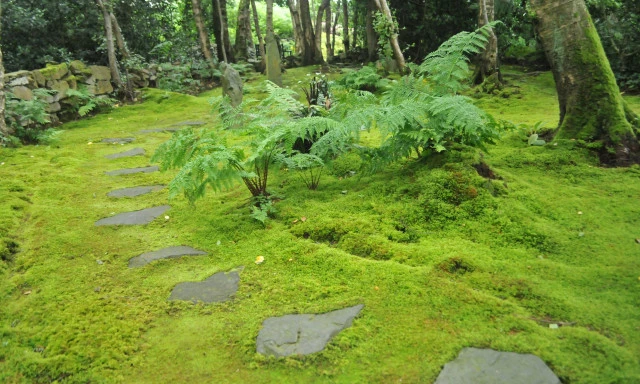Best time of year to plant lawn seed
Growing your lawn can be a tricky business and if not done carefully can result in poor germination and patchy results. One of the questions we get asked the most is here at Kiwicare is around when you are supposed to plant lawn seed.
Lawn can be grown at anytime of year, but for best results we recommend you stick to planting in spring an autumn when the soil temperature is not too cold and the soil moisture levels are not too high or too low. That being said, sometimes life throws a curveball and due to renovations, moving house or any myriad of reasons you may find yourself needing to sew an all-new lawn, thicken up an existing lawn or fill in some bare patches. This handy guide outlines what you need to know about planting in the different seasons and how to get the best results.
Planting Lawn in Spring
Spring is usually regarded as one of the best times to grow grass seed, as the soil is moist, and the soil temperature has risen. But a sudden dry snap after the grass has started to germinate (which is often not easy to see), and the vulnerable young plants can shrivel up and die. So, it is important to keep the soil moist in dry spells. The use of AquaGel coated seed like what can be found in Kiwicare LawnPro Smart Seed helps reduce the stress on seed during dry spells.
Warm-season grasses are best planted in late spring. During this time, the weather is still mild enough to let you get the grass established, then when the heat of summer kicks in, the grass will start to grow vigorously
Planting Lawn in Summer
Most people believe that planting lawn grass seed in summer is a bad idea, but if you make sure that the soil is kept moist (deep down), you will have good germination and growth. A common mistake people make when watering their lawn is do frequent and quick waterings. This results in surface of the lawn getting wet, but the water quickly evaporates in summer and does not penetrate to the roots of the grass. Water on the surface also encourages roots to stay near the surface, where they are more vulnerable to drying out. It is best to water thoroughly, but less frequently, so the water has time to percolate down deep into the soil where it does not evaporate away and this deep moisture encourages the grass roots to go deep, and are consequently less vulnerable to drought. A good rule of thumb is to set a sprinkler up and leave it one spot for 15 to 20 minutes before moving it to another area of the garden. The same rule applies to watering plants in your garden bed, less frequent but thorough waterings will make your plants more drought resistant than frequent, quick surface level watering.
Planting Lawn in Autumn
Cool-season grasses are best planted in late summer and early autumn. At that time of year, the ground is still warm enough for quick germination, and the young grass plants have the entire upcoming cool season to become established.
Planting Lawn in Winter
Many gardeners in the north of New Zealand do plant lawns in winter, but ideally, the ground temperature should be at least 6°C. Our fridges are usually set for 5°C for a good reason - at this temperature, not a lot happens in terms of growth of most living things, including grass go into hibernation.
The two things that grass seeds need to germinate are warmth and moisture. Moisture is not usually a problem in winter and soil temperatures on the surface can warm up remarkably quickly with a bit of sunshine, even in the South Island.
The risk is that if young grass seeds start to grow and extreme cold hits, the water in the cells of the young seedlings can freeze and rupture the cells, killing the plant.
If you have sown a small area, and cold temperatures are forecast, you may be able to protect the area by laying something like a bit of fleece or a windbreak over the area to protect the young grass from the shock.
You can plant anytime
In summary, you can plant a new lawn in any season of the year, but you need to adjust how you manage the day-to-day maintenance of that lawn accordingly.
Whether you are wanting to repair bare patches in your lawn with LawnPro Smart Patch Mix, over-sow your lawn to thicken it up with LawnPro Lawn Thickener, or sow a new lawn with LawnPro Smart Seed, Kiwicare's LawnPro range has the product you need to get the job done.


